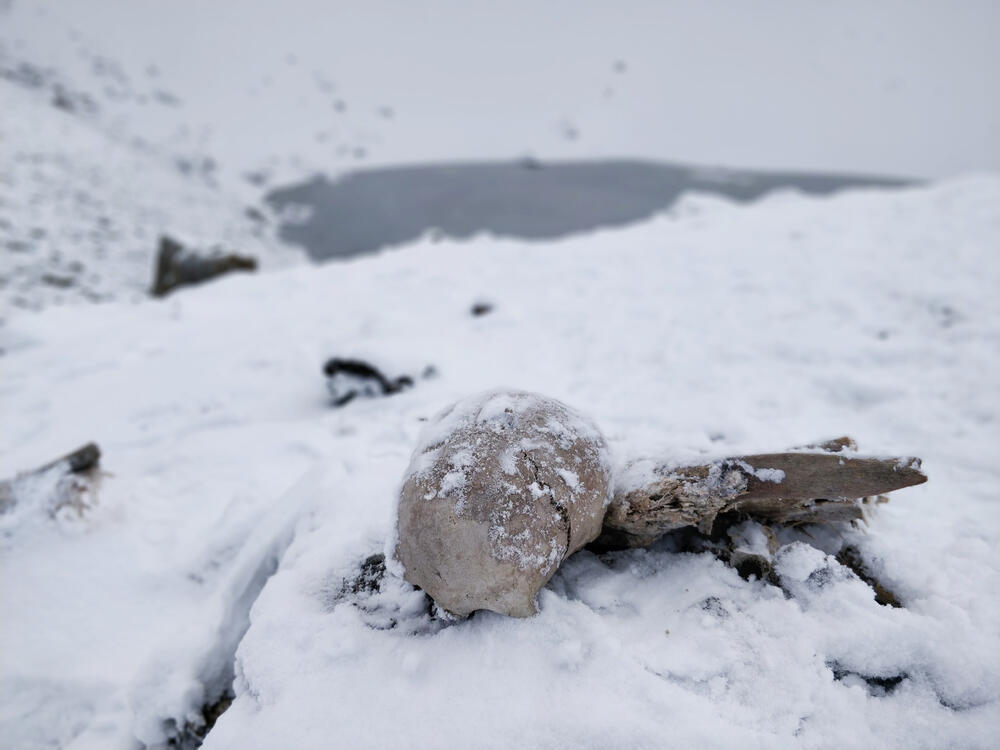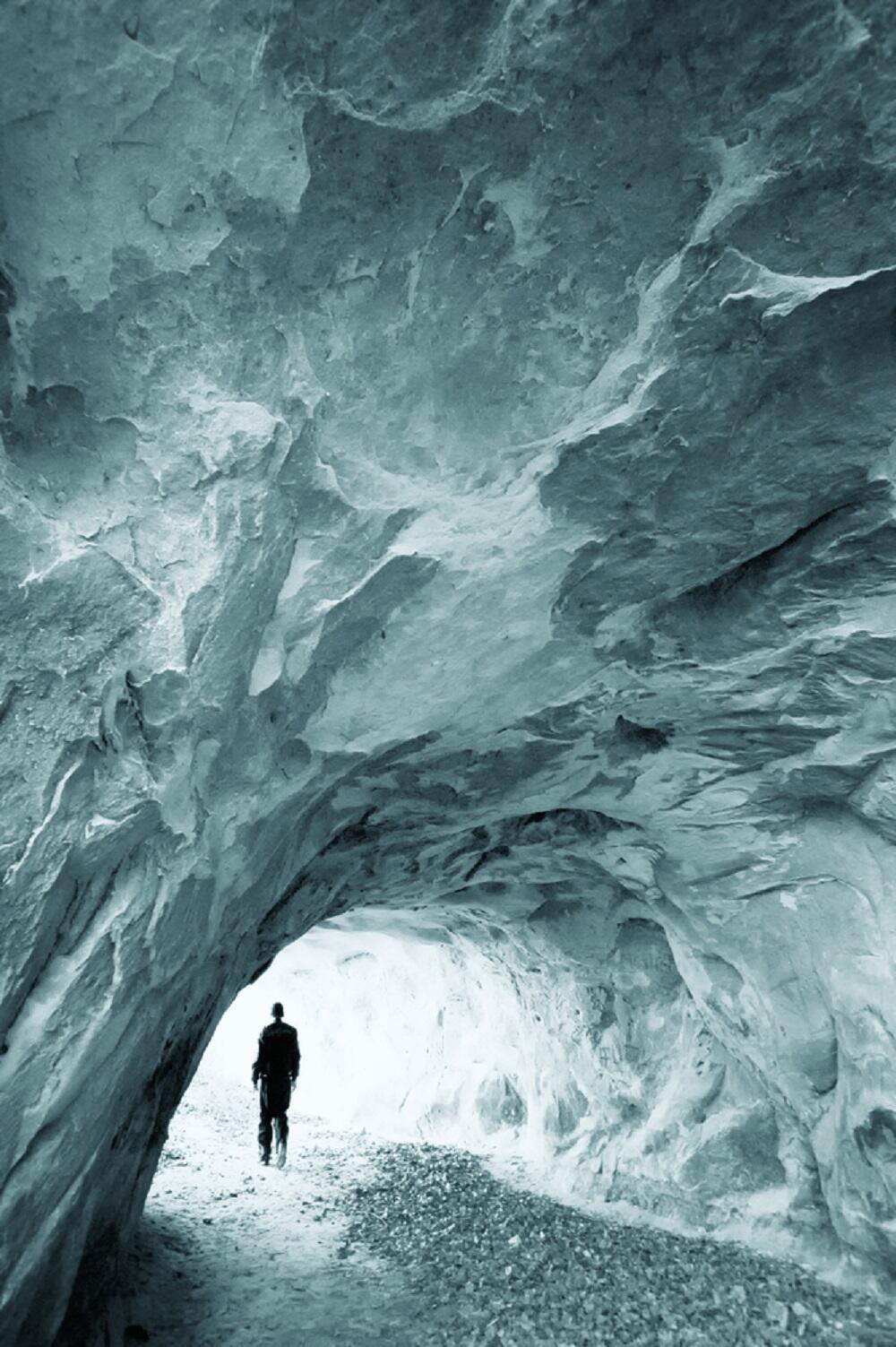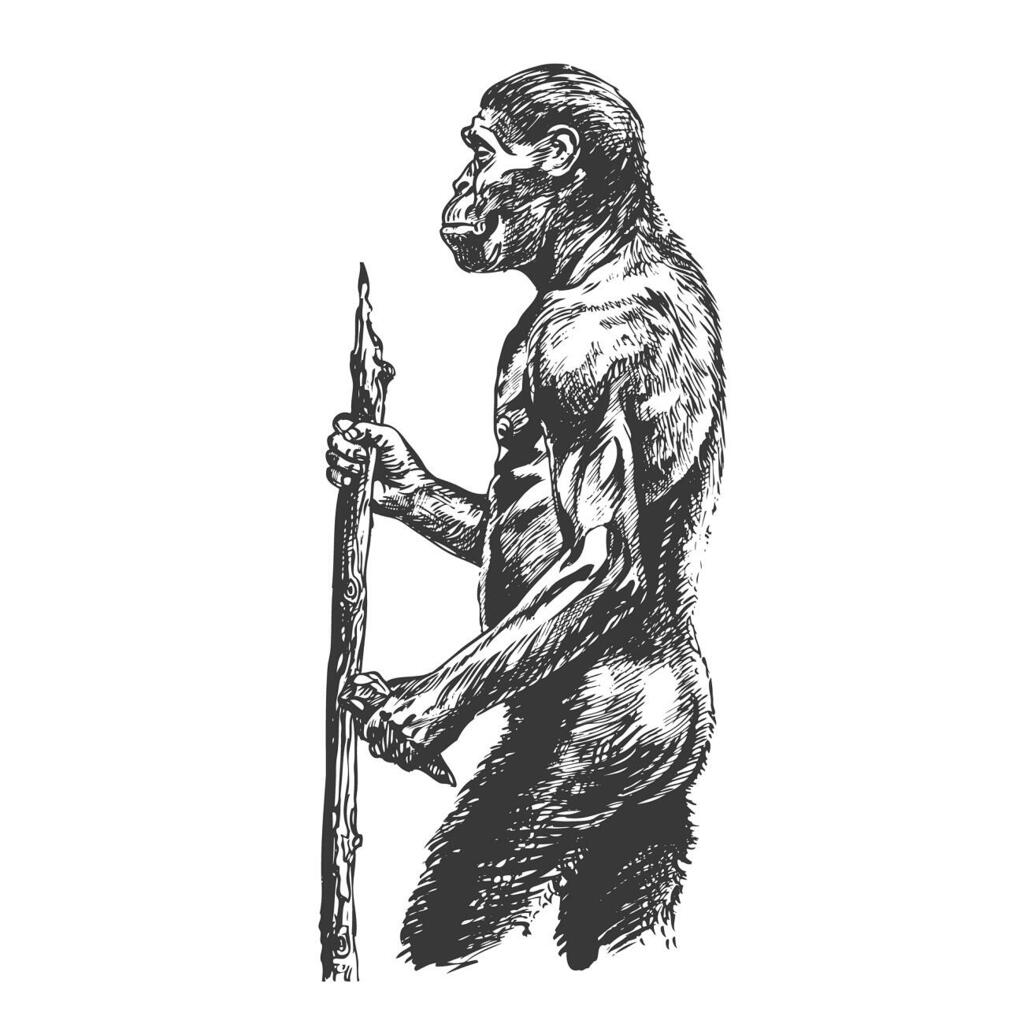The Pleistocene era - known as the Ice Age, which took place 1.1 million years ago, led to a rapid cooling of the North Atlantic Ocean and surrounding areas, thereby disrupting the settlement of humans in Europe for 200,000 years, according to a study published in Science journal.
Read more:
Homo erectus, an extinct ancestor of Homo sapiens, migrated from Africa to Eurasia approximately 1.8 million years ago and reached the Iberian Peninsula 1.5 million years ago. Initially, they encountered a climate that was generally warm and humid, punctuated by cold spells, as they spread across the continent, according to archeological records.
Given the intensity of the glacial cycles in Europe 1.2 million years ago, it was unclear how long ancient humans could have sustained their presence in the region amid such harsh conditions, and whether worsening climate conditions might have disrupted their settlement. To gain a deeper understanding of the environmental conditions faced by Homo erectus, the research team integrated data from ocean floor sediment with a new climate model designed to assess the potential for depopulation of the continent.
By analyzing thousands of submerged pollen particles and studying the organic compositions of ancient algae, the researchers identified a significant drop in temperature that strained food sources across the continent.
According to Vasiliki Margari from University College London, a member of the research team, the glacial cooling event 1.1 million years ago resembled the more severe Ice Ages in creating inhospitable conditions, as evidenced by the data collected.
According to Prof. Nick Ashton from the British Museum, a temperature drop this severe exerted stress on small bands of hunter-gatherers. The early humans were particularly vulnerable due to their lack of natural insulation like fat, as well as the absence of advanced coping mechanisms such as fire-making, warm clothing or suitable shelter to adapt to the changing climate of that era.
The evidence indicates that Europe was largely depopulated during the Pleistocene era, with the exception of the Iberian Peninsula. Despite the cooling period lasting only 4,000 years, it's plausible that Homo erectus vacated the region for as long as 200,000 years. This hypothesis is supported by the absence of human artifacts like stone tools and human remains from that time period.
According to this hypothesis, Europe may have been repopulated around 900,000 years ago by Homo antecessor, a descendant of Homo erectus. Adaptations in both evolution and behavior equipped this new species to better cope with the cold climate.




